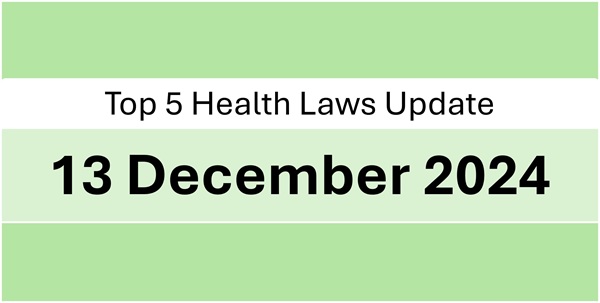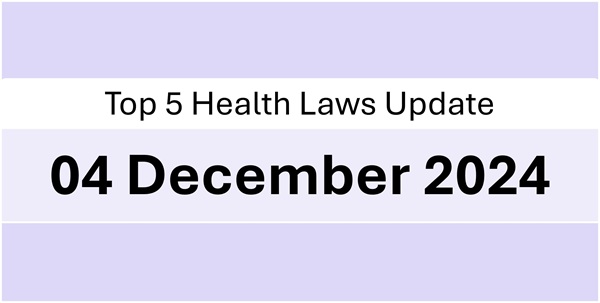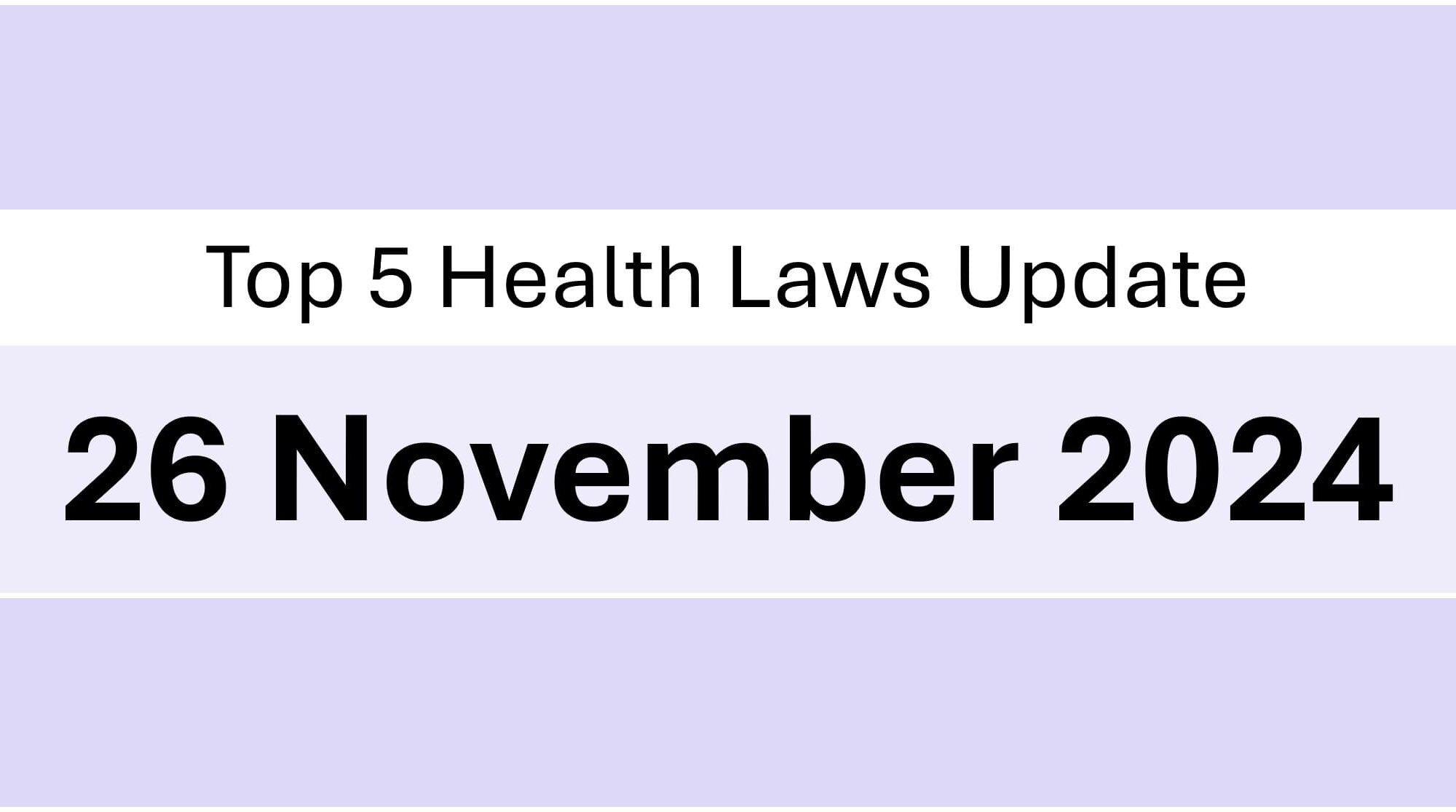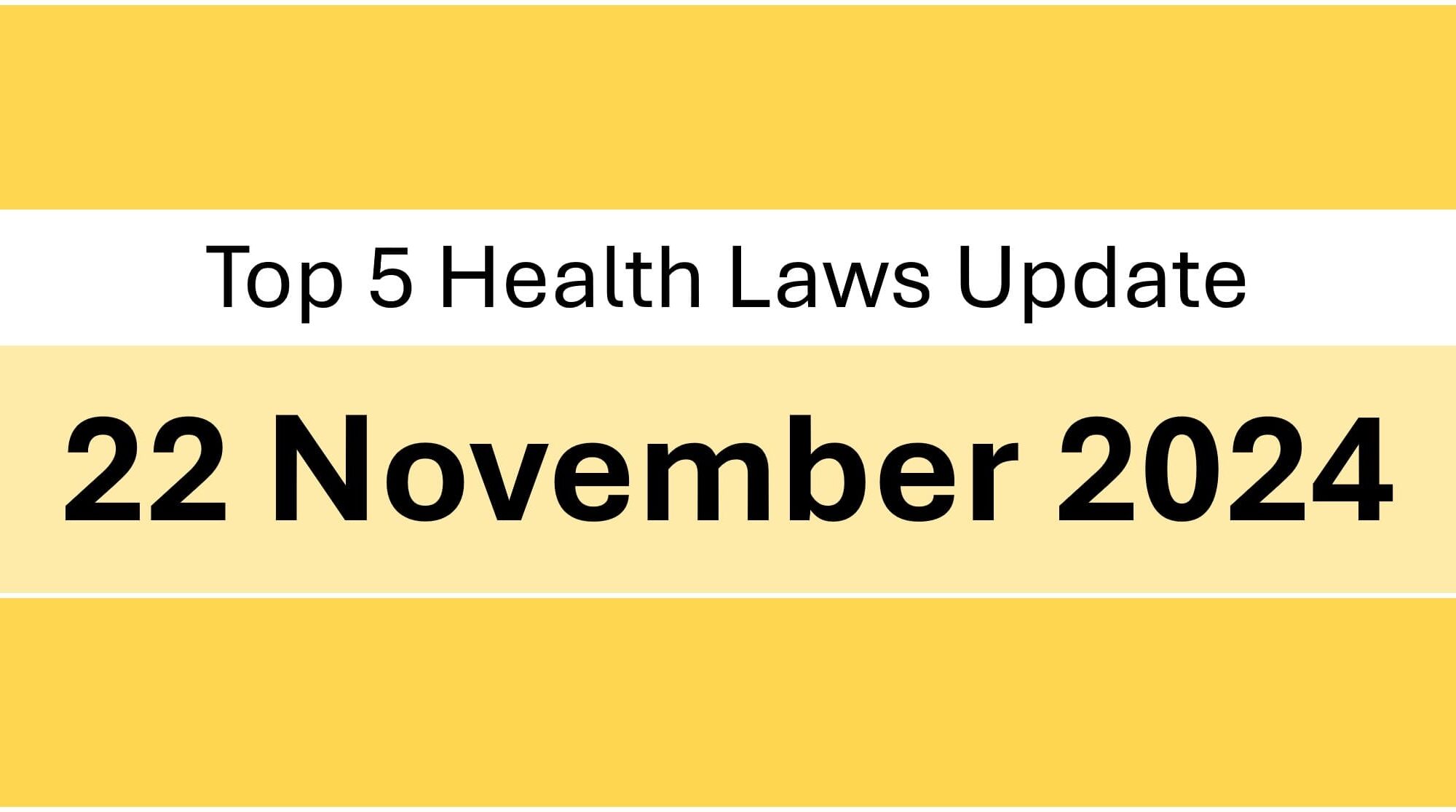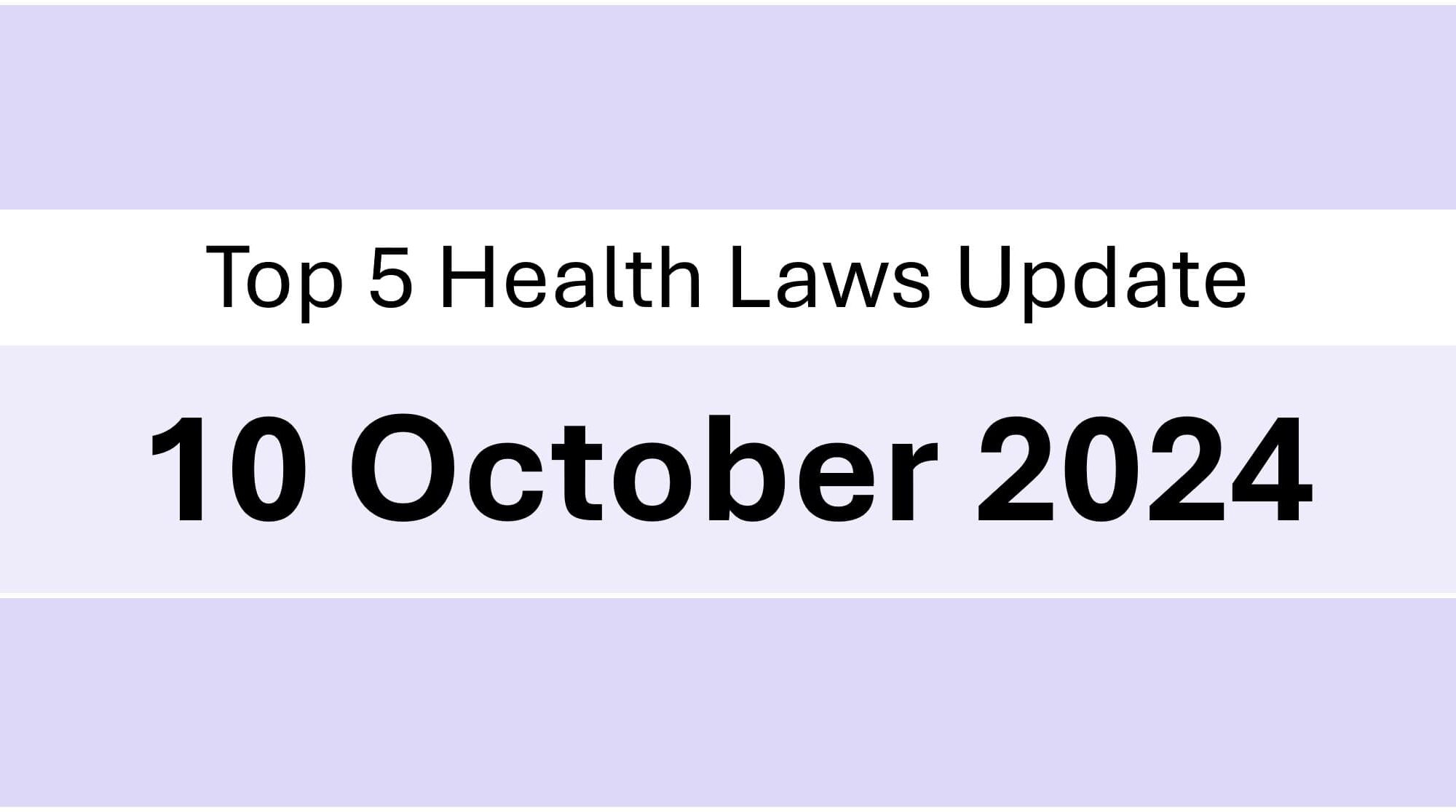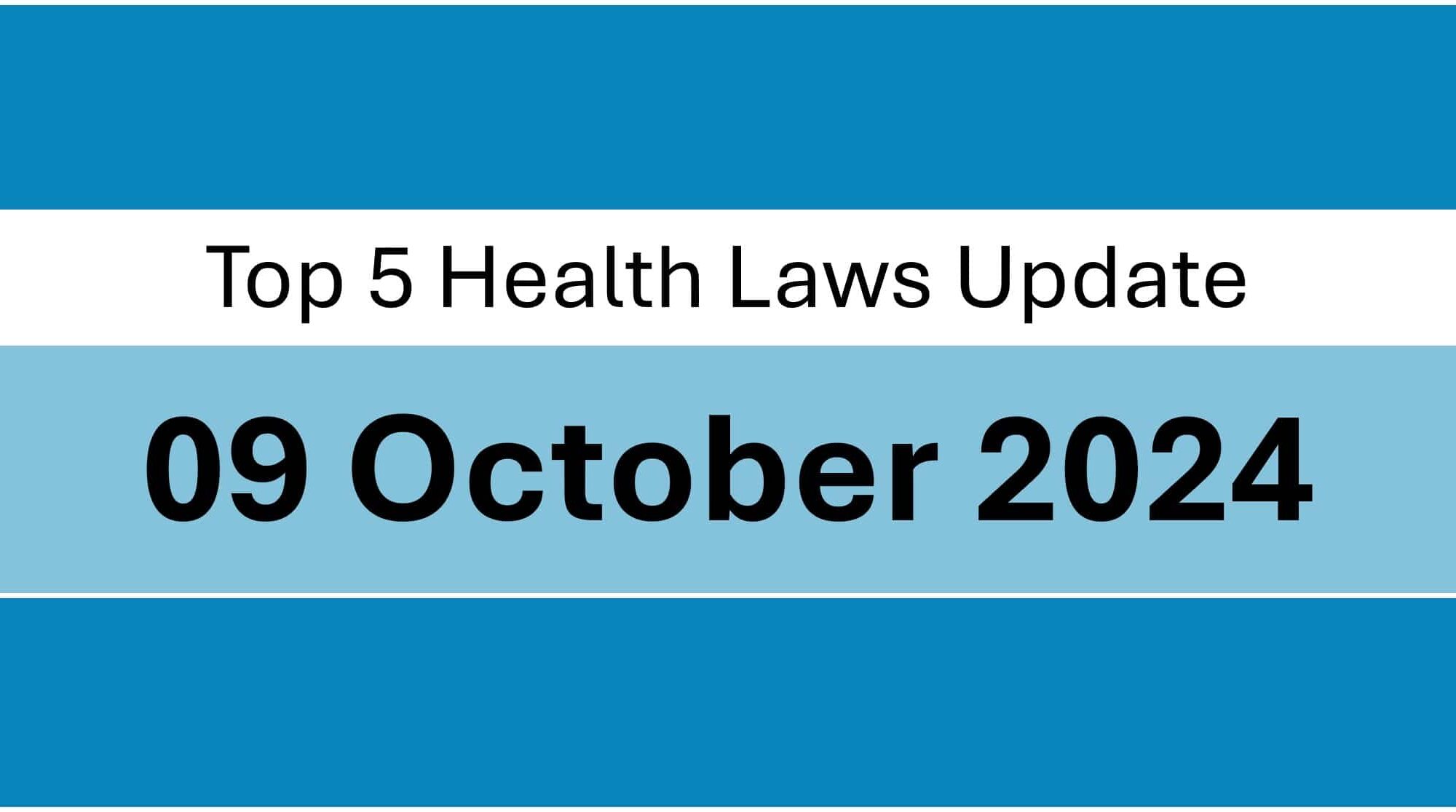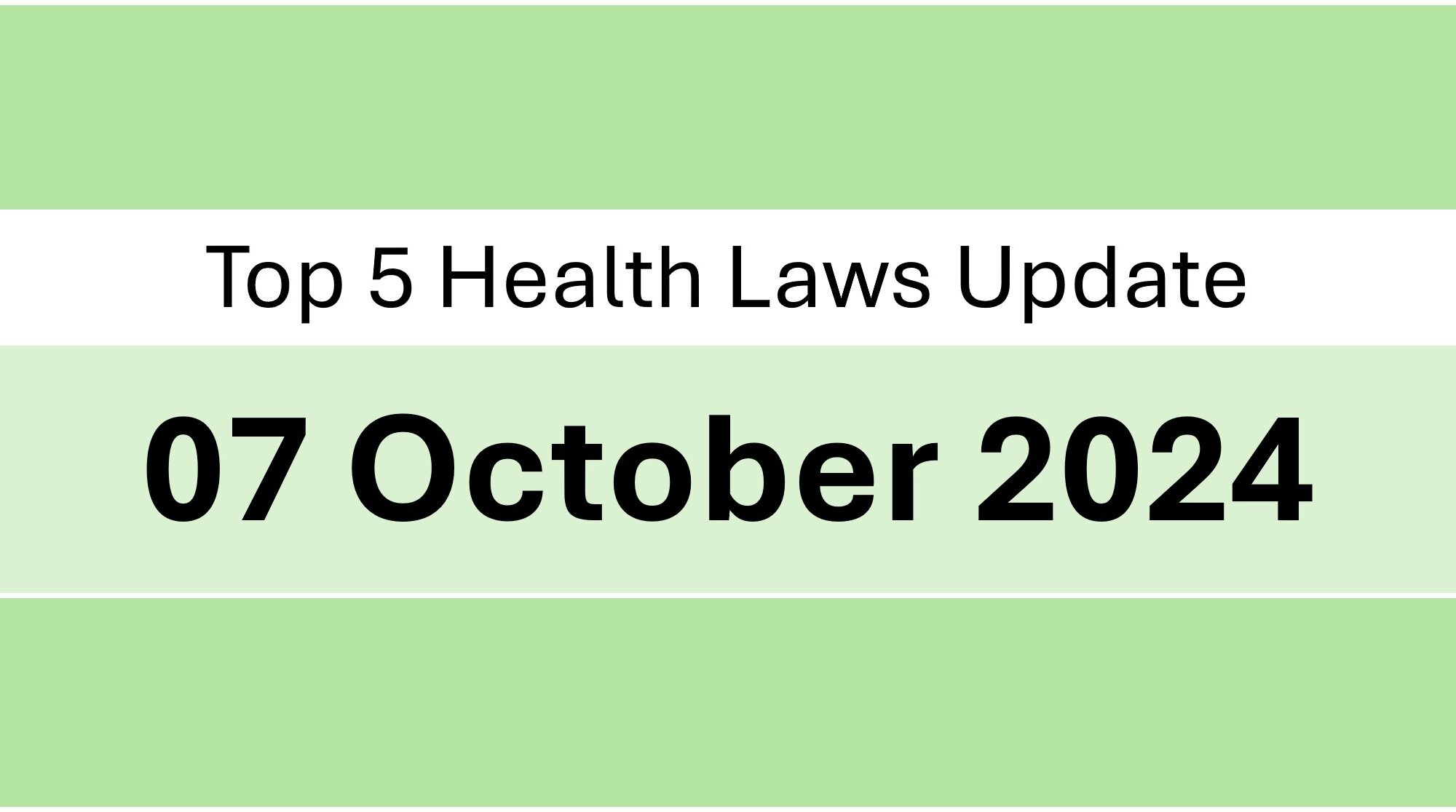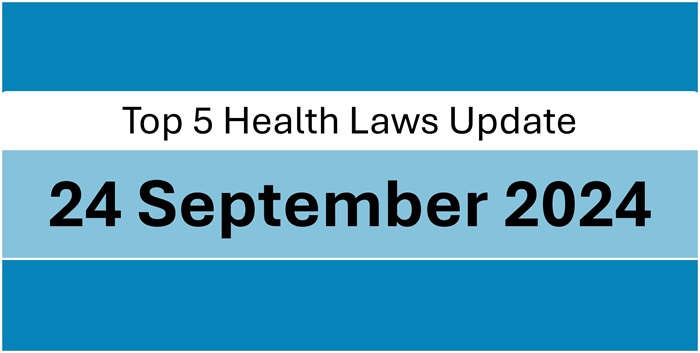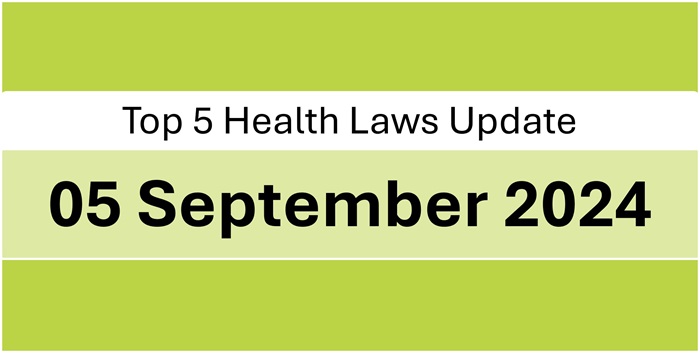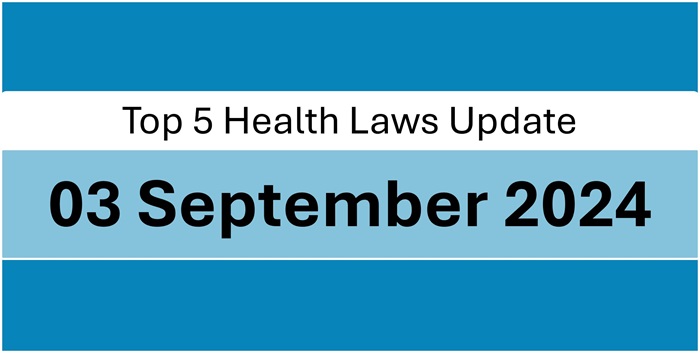Dear Readers, we are happy to share the most interesting legal and policy updates concerning health industry that we read today. We hope you enjoy reading it.
1. India’s Bombay High Court refused to quash criminal proceedings against Hindustan Coca-Cola over allegations of selling adulterated ‘Canada Dry’ in 2001. The company argued that delays in prosecution deprived it of the right to re-test the samples, but the Court held that the company failed to exercise this option in time. The Court also declined to extend an interim stay, allowing the case to proceed after being stalled for 14 years.
Source: bit.ly/3DeG8FP
2. India’s Delhi Food Authorities are set to inspect health supplement manufacturing units after a fake protein supplement factory was uncovered for producing adulterated protein powder without the required FSSAI licensing. This action was prompted by a complaint from a consumer who suffered severe health issues after using the product. Samples of various powders and supplements have been seized for testing.
Source: bit.ly/3OS7Dav
3. India’s Union Health Ministry has amended the Medical Devices Rules, 2017, to designate three Central Drugs Testing Laboratories (CDTL) in Chennai, Kolkata, and Mumbai for testing surgical and medical examination gloves. In addition, 27 government analysts across six labs have been assigned to test various medical devices, including gloves, bandages, and syringes. This initiative is part of broader efforts to strengthen regulatory oversight and streamline testing processes to improve medical device monitoring and compliance in India.
Source: bit.ly/3OTpU7r
4. The Directorate General of Trade Remedies (DGTR) has extended the deadline for filing responses in the anti-dumping investigation on calcium carbonate filler masterbatch imports from Vietnam to January 3, 2025, following stakeholder requests. The investigation, initiated in September 2024, aims to assess whether these imports are harming India’s domestic industry through price undercutting and rising volumes. Preliminary findings suggest significant dumping margins, with potential anti-dumping duties under consideration to protect local manufacturers.
Source: bit.ly/4fjBy6p
5. The Kenyan Pharmacy and Poisons Board has flagged the unregistered and substandard cancer drug Floracil 1000 (Fluorouracil 1000mg/2ml) and warned against its sale or use. Manufactured by an Indian company, the drug has been censured following routine surveillance. The Board also issued a quarantine order for Mefnac Oral Suspension due to suspected contamination with harmful chemicals. Legal action will be taken against those violating the directives, and the public is urged to report substandard drugs.
Source: bit.ly/3VExLtn

